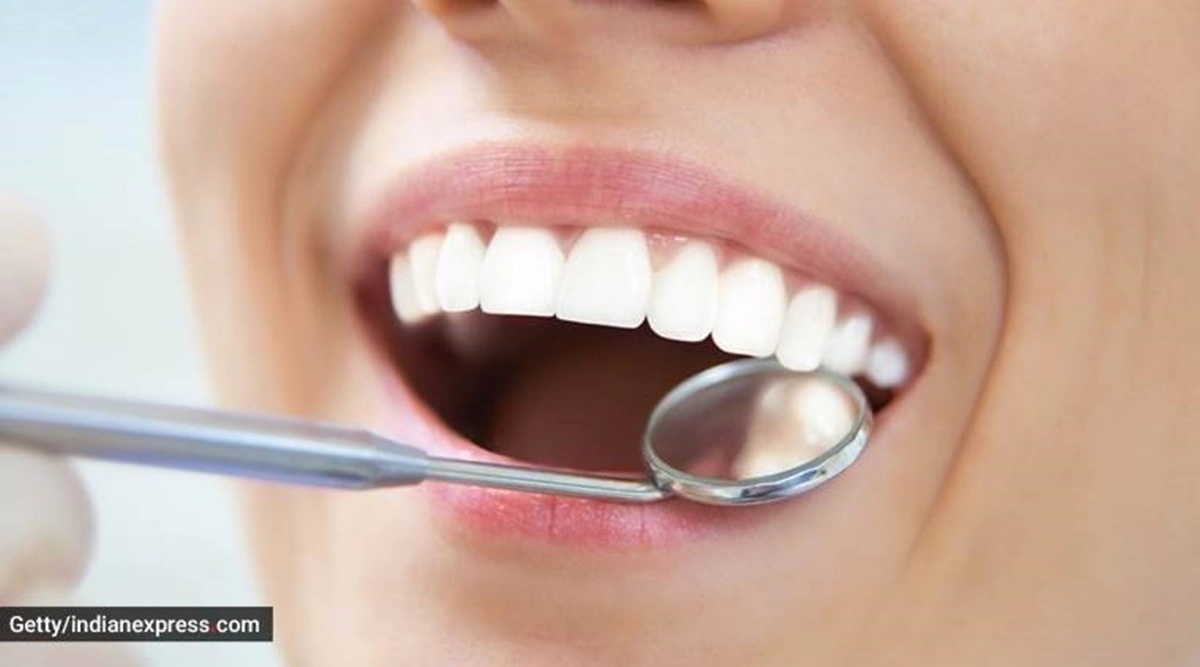The idea of a root canal might scare some people, but did you know they can prevent serious health complications? According to Dr. Madhavi Shetty, co-founder and endodontist at The Functional Dentistry Centre, infected teeth can lead to bacteria spreading to other parts of the mouth or even throughout the body through the bloodstream.
“Root canals stop this spread by removing the source of infection,” he explained.
It is important to maintain good oral hygiene practices, including regular dental checkups and cleanings to prevent dental problems that can lead to the need for a root canal. However, when infection or damage occurs, a root canal can be a critical procedure to prevent serious health complications and maintain your overall wellness.
Dr Rajesh Shetty, clinical director, Dazzle Dental Clinic, Bandra, clarified that an infected tooth can also lead to dental abscesses, which are painful complications that can occur due to delayed intervention.
“The risk of abscess rupture and subsequent septic conditions should not be underestimated. Root canal treatment prevents the formation of these abscesses, thus reducing the risk of them occurring life-threatening sepsis,” he added.




Before we take a look at the other benefits of getting a root canal, let’s first look at why you might need one in the first place.
What are root canals? When do you need them?
Dr. Madhavi defined root canals as dental procedures performed to treat and save a tooth that is infected or severely damaged due to decay or trauma.
“During a root canal, the dentist removes the infected or damaged pulp (the innermost part of the tooth), cleans and disinfects the inside of the tooth, and then seals it to prevent further infection,” he said.
Dr. Rajesh emphasizes that root canals are not only not a “last resort,” but are often an early intervention that can save a natural tooth from extraction. Its importance is not limited to oral health, but also extends to overall systemic health, acting as a protection against various complications.
A root canal treatment is needed when a dental x-ray shows that the pulp of your tooth has been damaged by a bacterial infection.
Some initial symptoms are pain when eating or drinking food, or when biting and chewing, or a loose tooth.
If left unattended, it may appear that your tooth is better, but in reality, the infection may have spread to the root canal system and the symptoms may return in a much worse way, with your cheek swelling and your tooth becomes darker in color.
How do they prevent health complications?
The clinical importance of root canals extends beyond the realm of dentistry and has profound implications for systemic health, serving as a preventative measure against a range of serious health complications, according to Dr. Rajesh.
Along with infection control and prevention of dental abscesses as mentioned earlier, these are some other health benefits getting root canal treatment when needed, according to doctors Rajesh and Madhavi.
Reduce stress on the immune system
Chronic dental infections place a constant immune demand, diverting the body’s defense mechanisms from other challenges. By comprehensively treating dental infection, root canal treatment allows the immune system to regain focus and function optimally, contributing to an improved state of systemic well-being.


Reduces the risk of jaw bone deterioration
Failure to treat dental infections can lead to osteolytic activities, compromising the structural integrity of the alveolar bone surrounding the affected tooth. This predisposes the patient to bone deterioration and an increased risk of fractures. Root canal treatment effectively intervenes not only by eliminating the infection but usually by incorporating biocompatible materials that facilitate bone stability.
Prevents tooth loss
Losing a tooth can lead to a number of oral health issues, such as displacement of adjacent teeth, bite problems and difficulties with chewing and speaking. These problems can, in turn, contribute to issues such as gum disease and jaw joint disorders. By preserving your natural tooth through a root canal, you maintain proper dental alignment and function, reducing the risk of additional dental problems.
When a tooth is badly damaged or infected, the only alternative to a root canal may be extraction. Extracting a tooth can lead to complications such as infection, bone loss and a gap in your smile, which can affect your confidence and ability to eat a balanced diet.
If you suspect you need a root canal, it is essential to consult a dentist or endodontist for evaluation and appropriate treatment.
📣 For more lifestyle news follow us Instagram | Twitter | Facebook and don’t miss the latest updates!


